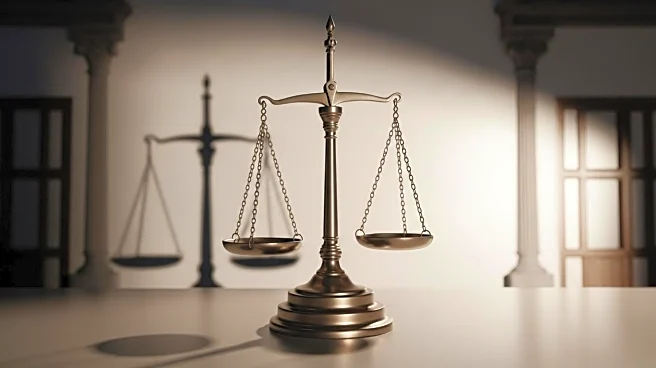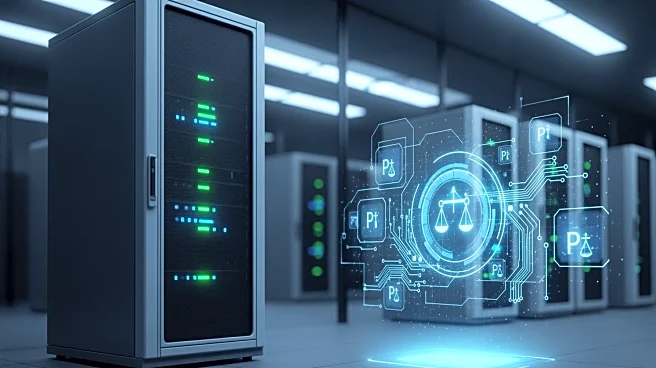What's Happening?
Former Latin American leaders are frequently encountering legal issues, with Brazil's ex-President Jair Bolsonaro recently sentenced to over 27 years for election-related crimes. In Peru, four former presidents are imprisoned, while Colombia's Álvaro Uribe faces house arrest for fraud. Ecuador has seen investigations into nearly all leaders since 1996, with Rafael Correa convicted of bribery. Uruguay stands out as the only country without charges against its presidents, attributed to a culture of respect for public resources. Experts link widespread corruption to presidential systems concentrating power.
Why It's Important?
The prevalence of legal troubles among Latin American leaders highlights systemic issues of corruption and weak institutions. This trend impacts political stability and public trust, with countries like Peru ranking low in democratic quality. The concentration of power in presidential systems is seen as a contributing factor, leading to increased scrutiny and legal challenges. The situation underscores the need for institutional reforms to enhance transparency and accountability, which could improve governance and democratic processes across the region.
What's Next?
As investigations continue, the focus may shift towards strengthening institutional frameworks to prevent corruption. Countries might consider adopting measures similar to Uruguay's, promoting transparency and reducing presidential power concentration. The ongoing legal challenges could lead to political shifts, with new leaders potentially advocating for reforms. Additionally, the role of international organizations in supporting anti-corruption efforts may become more prominent, aiming to foster democratic stability and economic growth.
Beyond the Headlines
The phenomenon of 'lawfare,' where legal systems are used to silence political opponents, complicates the landscape. This tactic can undermine legitimate oversight and erode trust in judicial processes. As corruption remains a significant issue, distinguishing between genuine legal accountability and politically motivated charges becomes crucial. The broader implications include potential shifts in public perception and the need for robust legal frameworks to ensure fair and impartial justice.










